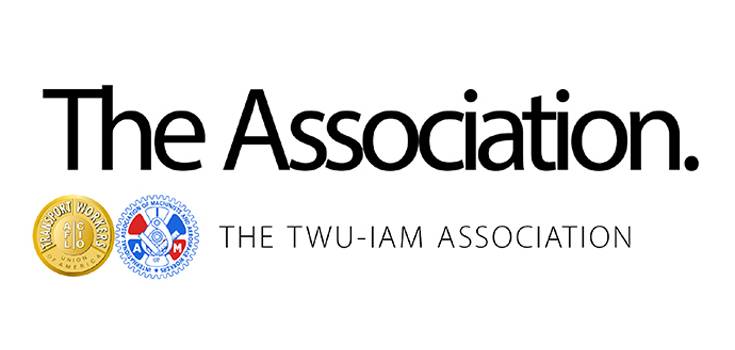
by Eric Price | Mar 31, 2017 | Airlines, Home, The Association
Executive level negotiations took place in Washington, DC this week. Chief negotiators for the TWU-IAM Associations met with negotiators from American Airlines to advance our discussions in efforts toward concluding our contract discussions. All negotiating committee...

by Eric Price | Mar 31, 2017 | Departments, Home, Safety
https://iam141.org/wp-content/uploads/2017/03/safety_tool_20170331.mp4 To help collect the kind of information that can create a safer workplace, United and Hawaiian Airlines use a program called “GSAP.” (“Ground Operations Safety Action Program.”) The GSAP...




